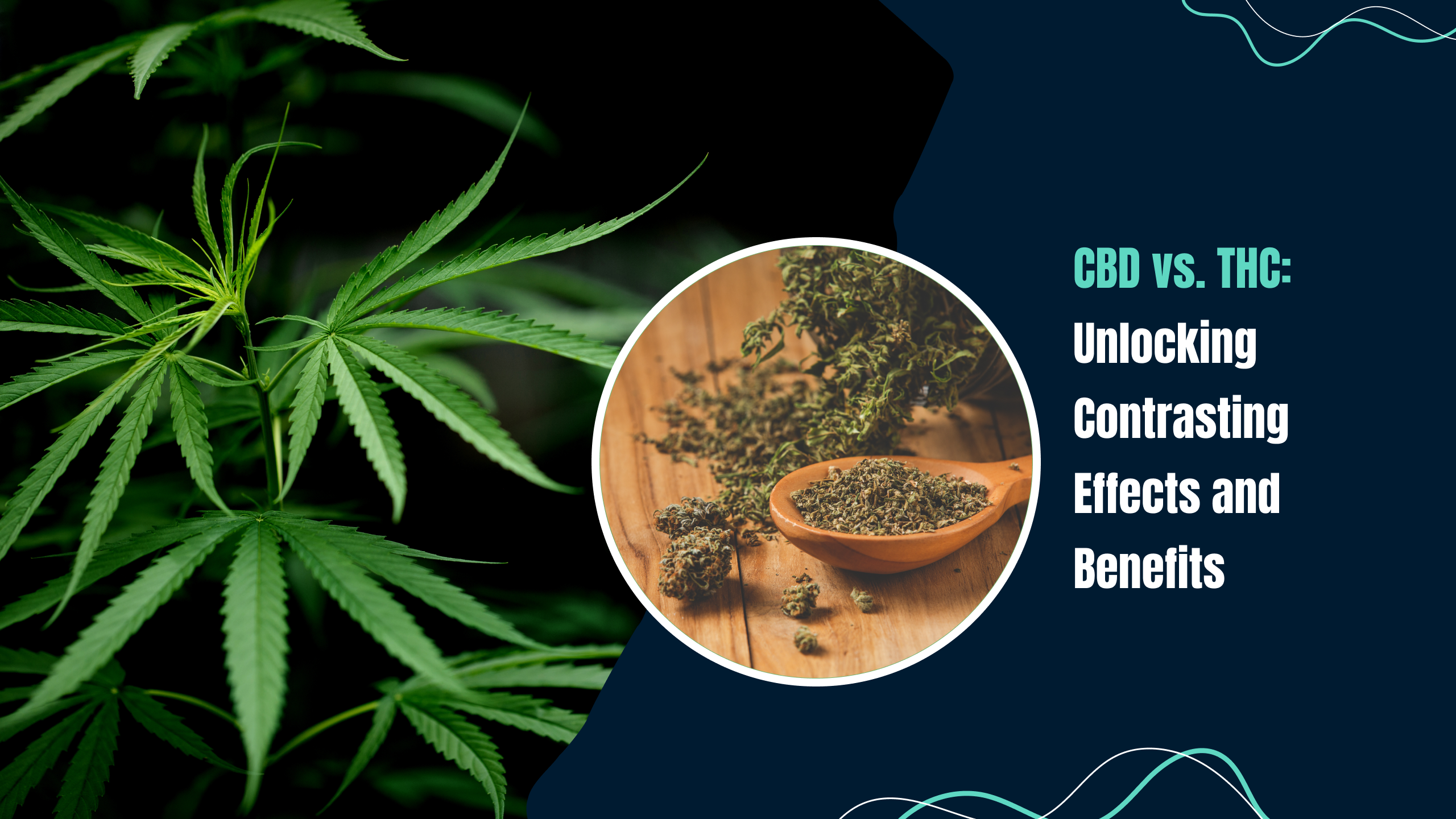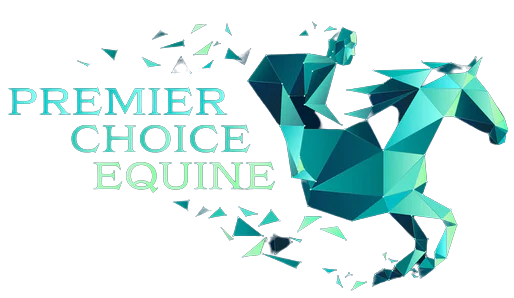
Among alternative medicine, there are two compounds from the cannabis plant that have been gaining significant attention: CBD (cannabidiol) and THC (tetrahydrocannabinol). These two cannabinoids, while originating from the same source, offer different effects and benefits. In this comprehensive guide, we'll delve into the fascinating world of CBD and THC, providing you with the knowledge you need to make informed decisions about their use.
CBD, THC, and the World of Cannabinoids
Cannabis is a treasure trove of various chemical compounds, over 100 of which are known as cannabinoids. CBD and THC are two of the most prominent and widely studied of these cannabinoids. They interact with our bodies' endocannabinoid system, which plays a crucial role in regulating various physiological processes, including mood, pain perception, and immune function.
The Chemical Composition and Structure of CBD and THC
CBD Chemical Structure:
CBD, or cannabidiol, is a non-psychoactive compound found in cannabis. Its chemical structure consists of 21 carbon atoms, 30 hydrogen atoms, and 2 oxygen atoms. The molecular formula for CBD is C21H30O2.
THC Chemical Structure:
THC, or tetrahydrocannabinol, is the psychoactive compound in cannabis that gives the "high" feeling. Its chemical structure includes 21 carbon atoms, 30 hydrogen atoms, and 2 oxygen atoms as well, but arranged differently. The molecular formula for THC is C21H30O2.
Psychoactive Properties: Why THC Gets You High, and CBD Doesn't
One of the most significant distinctions between CBD and THC is their psychoactive properties or lack thereof.
CBD is Non-Psychoactive: Unlike THC, CBD does not have psychoactive effects. This means it won't alter your perception consciousness or lead to the characteristic "high" associated with cannabis use. Instead, it interacts with the endocannabinoid system in a way that promotes balance and relaxation without impairment.
THC is Psychoactive: THC, on the other hand, has psychoactive effects that can lead to altered perceptions, euphoria, and changes in cognition. It binds to the cannabinoid receptors in the brain, particularly the CB1 receptors, which are responsible for these psychoactive effects.
Medical Applications: Exploring the Therapeutic Potential of CBD and THC
CBD's Medical Benefits:
- Pain Relief: CBD is widely recognized for its potential in managing chronic pain, including conditions like arthritis and neuropathy.
- Anxiety and Stress: Many individuals turn to CBD to alleviate anxiety and reduce stress, with some finding it helpful in managing social anxiety and PTSD.
- Epilepsy: In 2018, the FDA approved a CBD-based medication, Epidiolex, for the treatment of certain types of epilepsy.
THC's Medical Benefits:
- Pain Relief: THC is also effective at managing pain, making it a valuable option for patients dealing with chronic pain conditions.
- Nausea and Vomiting: It's often used to alleviate nausea and vomiting in cancer patients undergoing chemotherapy.
- Appetite Stimulation: THC can stimulate appetite, making it beneficial for individuals with conditions that cause appetite loss, such as HIV/AIDS.
Safety and Legal Considerations: Understanding the Legality and Side Effects of CBD and THC
Legal Status of CBD:
The legal status of CBD varies across countries and states. In some regions, CBD derived from hemp with less than 0.3% THC is legal, while in others, broader usage of CBD is permitted for both medicinal and recreational purposes.
Legal Status of THC:
THC, being psychoactive, is subject to stricter regulations. In many places, it's classified as a controlled substance, with limited legality for medicinal purposes in some regions.
Side Effects:
Both CBD and THC can have side effects. CBD's potential side effects may include nausea, fatigue, and changes in weight. THC, on the other hand, can cause increased heart rate, coordination problems, dry mouth, red eyes, and memory issues.
Choosing Between CBD and THC Products: Which One is Right for You?
The choice between THC and CBD products ultimately depends on your preferences, medical needs, and the legal landscape of your location. If you seek relief from specific conditions without the high, CBD may be the better option. However, if you're looking for a recreational experience or relief from certain types of pain, THC products could be more suitable.
Conclusion:
In the world of CBD and THC, knowledge is power. Understanding the key differences between these cannabinoids allows you to make informed decisions about their use. Whether you're seeking relief from pain, anxiety, or other medical conditions or simply exploring the world of cannabis for recreational purposes, knowing the distinctions between CBD and THC empowers you to choose the right path for your wellbeing.
Always consult with a healthcare professional before starting any CBD or THC regimen, especially if you have underlying health conditions or are taking medications. With the right guidance and information, you can harness the potential benefits of these cannabinoids while ensuring your safety.
